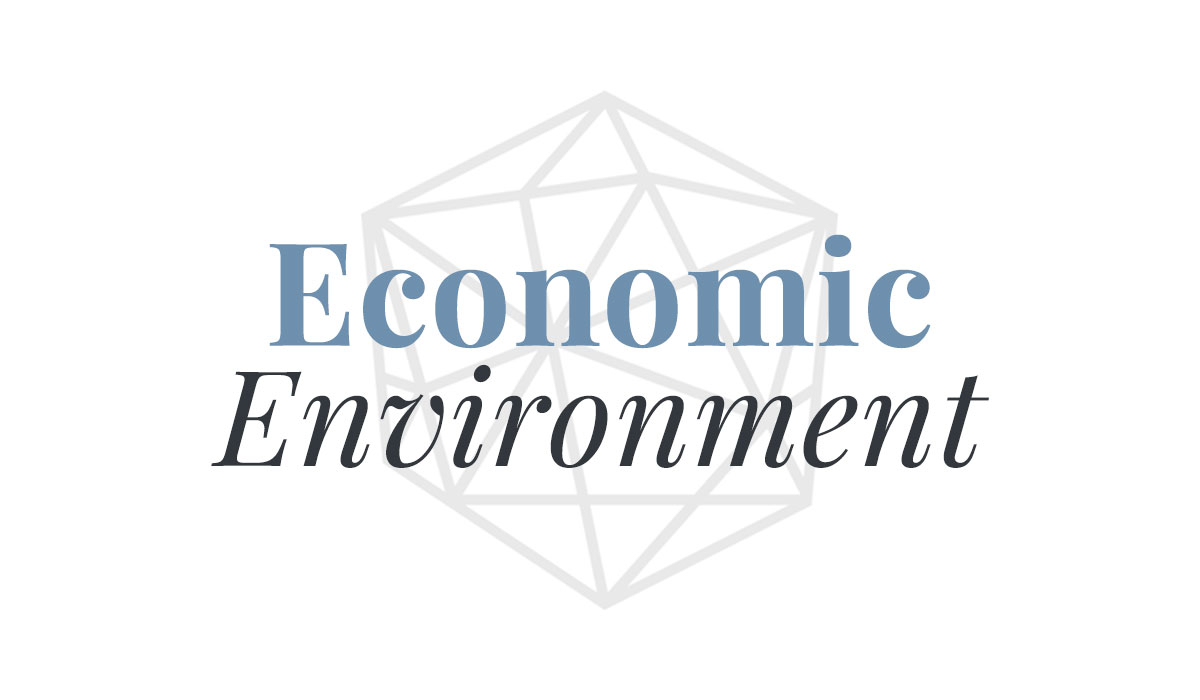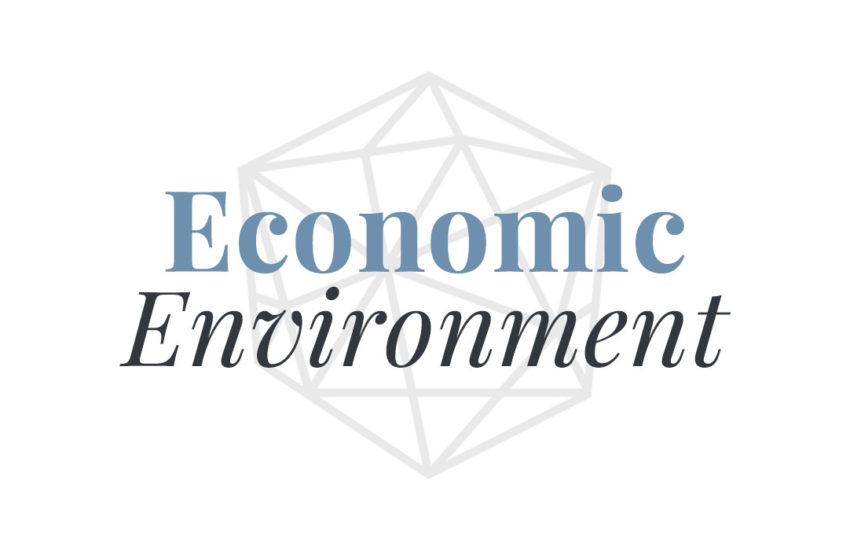In Q3 2022, the economic environment continued to worsen with inflation increasing and growth prospects declining
Inflation in the Euro Area reached 9.9% at the end of Q3 2022 (+130bps since Q2). Inflation estimates for 2023 have increased to 6.1% (+210bps vs Q2 forecast) while it is expected to decrease to 2.6% in 2024. In comparison, inflation in France finished at 5.6%, relatively stable since the end of the last quarter (-20bps), and is forecasted to be 4.4% in 2023 (+30bps) and 2.2% in 20241. The lower inflation in France comes, in part, from the Government’s willingness to heavily subside electricity and gas bills.
Outlook for GDP growth has slightly improved throughout the Euro Area with 2022 forecasts increasing to 3.2% (+60bps vs Q2 forecast). However, this should be followed by a significant slowdown in 2023 with GDP growth expected to reach 0.3% (-110bps vs Q2 forecast). The economy is then forecasted to rebound in 2024, with a 1.5% GDP growth. In France, GDP growth is forecasted to average 2.6% in 2022 (+20bps), 0.4% in 2023 (-100bps) and 1.5% in 20241.
In a bid to fight inflation, the European Central Bank (ECB) has raised rates twice during Q3 2022, bringing Euro deposit rates to 0.75% at the end of the quarter (+125bps since Q2), thus ending an era of negative interest rates that had started in 2014.
After the quarter ended, the ECB further increased rates by 75bps to 1.5%, and they are expected to continue doing so to bring deposit rates to 2.0% by the end of the year and to 2.5% in 20232.
- 1/Source: European Commission (European Economic Forecast, Autumn Report)
- 2/Source: Reuters


